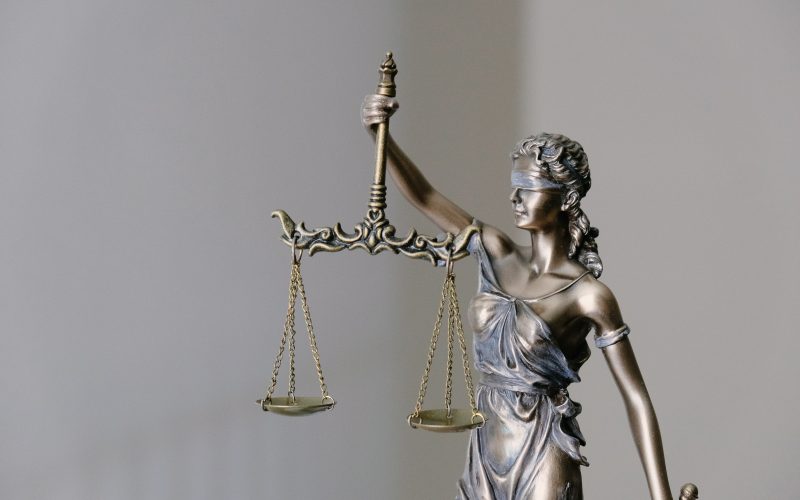Non-Fungible Tokens
This one is big. We spoke with TWO attorneys who are at the forefront of the law as it relates to Non-Fungible Tokens (NFTs). NFTs have changed the way artists work and how they realize income from their work. But there are nuances that artists need to understand. We spoke with Jacob Martin of JTM Tech Law and Professor Tonya Evans whose course NFT Law Guide for Creatives and Collectors to get a better understanding.
Who are you and what do you do?
JACOB MARTIN: My name is Jacob Martin and I run a boutique law firm called JTM Tech Law where I work with startups, entertainers, technology groups, investors, and on occasion now agencies, fortune 500’s, and other brands as they look into the world of Blockchain and Non-Fungible Tokens (NFTs).
I built a blockchain company back in 2018 that we shut down in early 2020 which was trying to build out a system for tracking and executing wills and trusts via smart contracts.
Turns out a couple of different Fortune 500 banks were interested in buying the company, but we hit a technology wall as well as a US Courts wall where smart contracts simply aren’t recognized the way I needed them to be… So, I’ve been in and around crypto and blockchain for a while, built a company in the space, and now work with and advise on many issues in the space.
PROF. TONYA EVANS: I am an IP, Entertainment, Innovation, and Technology lawyer and law professor at Penn State Dickinson Law School (practiced for ten years, then in academia and consulting for fourteen years). I teach, among other things, blockchain, cryptocurrency, and law; information privacy law; entertainment law; administrative law.
Have NFTs(Non-Fungible Tokens) made your job more difficult or easier?
JACOB MARTIN: NFTs have launched an entirely new sector, which to be fair Dapper Labs and LarvaLabs have been dealing with for years (CryptoKitties and Crypto Punks).
The new implications from an IP perspective, tech perspective, and then the financial and tax ramifications are sort of new but just moving at lightning speed. In my opinion, only about 10% of the companies and issues that come my way are truly outside of the black and white letter of the law, but that 10% is a pretty big and wild gray space.
In some ways I guess the right answer is “Harder” due to the fact that I’m working more hours now than I ever have and more of my projects require crafting “new” contracts and adjusting projects in ways that I’ve just never seen done before. Harder, but far more interesting and fun!
PROF. TONYA EVANS: In some sense, it’s a little of both. Easier because so many artists, collectors, and investors are taking their rights and interests seriously and working to figure out the intersection of art, business, and law.
But more difficult because there is so much confusion and misinformation about the nature of rights in the token versus the underlying property (creativity, collectible or other asset connected to the NF/Non-Fungible Tokens).
What do artists need to bear in mind with IP when it comes to digital art and NFTs in particular?
JACOB MARTIN: Artists and creatives of all backgrounds will really need to know what deals they have in place. Assuming they have a deal with their managers and the companies they may have signed away other rights to via a 360 deal, there are going to be details of what they can and can’t post as well as what they do and don’t have to share funds earned off of.
Additionally, another thing I’m seeing is a lot of “work for hire” creators who worked on films, comic books, or other works that they clearly signed away the rights to… but some of these include gray space.
What about the original 1 of 1 drawing? What about sketches from an old project? Could they sell it on eBay? Can they now sell it as an Non-Fungible Tokens (NFT)? I have thoughts on this but ultimately each contract and each project has a different answer.
PROF. TONYA EVANS: A few things to keep in mind. An ownership interest in the token is not an interest in the artist’s copyright in the underlying work. Artists still own their copyright in the underlying creativity. The purchaser has the right to display and to resell (unless there is some limitation on a resale right).
Are the concerns different for musical artists vs. visual artists? If so, how?
JACOB MARTIN: Musical artists, assuming they have signed any sort of record deal or someone else has any sort of ownership in their masters. And visual artists who have done a majority of their work for hire deals will face the same issues.
They will need clearance to post old work, they may have to share in revenues earned, and they may also just be told “no” when it comes to posting their work in the form of Non-Fungible Tokens (NFTs). Either way, I think they are more or less dealing with the same landscape here.
PROF. TONYA EVANS: Copyrights in musical works (or any work that incorporates a musical work) are more complicated than purely visual works. That is because the copyright in the musical composition (music and lyrics) is distinct from the copyright in the performance of the composition (the recording).
What about collaborations? Are there specific considerations to keep in mind when artists are collaborating particularly across genres?
JACOB MARTIN: I’ve worked on a few collabs and ultimately expect to work on many more collabs. As of now, there aren’t any major platforms that appropriately support a multi-sig wallet or in simpler terms, an ability to say what % should go to each creator, and then off of each sale what ETH or USD just goes into each wallet automatically.
So as of now, getting everyone paid is a big issue, especially if anyone has their management team, agency, or others involved that require small pieces of the pie at each step.
This may require people to set up appropriate legal structures for major projects, requires people to get accounting measures in place for payout, and honestly, people really haven’t thought through the chaos that ensues with true “perpetuity.”
Perpetuity means when party A does and party B dies, one of their children and children’s children will still need to pay the other party royalties. That’s a long game issue that has not appropriately, in my opinion, been solved.
PROF. TONYA EVANS: By default, co-authors who each contribute a separately copyrightable work and intend for their separate contributions are intended to be combined into an inseparable whole, own that work jointly and equally.
They each have the right to separately sell, license, etc. the joint work so co-creators must take care to confirm (preferably in a natural language contract) the respective rights in copyright and in revenue and secondary market royalties.
Do artists need to read the fine print before they sign up on a platform?
JACOB MARTIN: Absolutely. However, I will say that you have no bargaining power when it comes to the terms of service on how a platform works. But yes, it would be prudent to understand what platform you’re planning to host your work on and why.
Do you trust that the platform will not fail and go down? Do you care, or even know that you should care, about whether they are using a digital printer to a URL or hosting the Non-Fungible Tokens (NFTs)on IPFS (Interplanetary File System)? Does the metadata matter to you?
Do you care about the fact that if you post your work on one marketplace, and then it is removed and placed on another marketplace for sale, that your royalty/resale fee falls off? Did you realize someone could make your resale fall off… and do you care?
PROF. TONYA EVANS: Yes. Early and often.
What rights are artists handing over to platforms (if any) once they mint and sell work there?
JACOB MARTIN: So this question doesn’t have a uniform answer but I will say if you dig into the Terms of Service at each of the major platforms they do seem to reserve the right to post your work for marketing purposes and potentially even use your work for commercial reasons (say they use it on a billboard or in an ad) without paying you for that use.
You reserve the right to your copyright and depending on the work and revenue you expect to generate you may even want to go ahead and file a simple copyright form with the US Government (for US citizens).
Either way, the platforms are who you are trusting to protect the metadata and your IP. They may or may not be incredibly successful in the long term. As of now, we simply don’t know.
PROF. TONYA EVANS: It depends from platform to platform. In general, artists grant to marketplace platforms worldwide, non-exclusive royalty-free license (and usually the right to sublicense and make available to other companies, organizations, or individuals) to exploit the artist’s copyright.
Next week, we will continue the discussion with Tonya and Jacob. Follow Tonya Evans on Twitter. Follow Jacob on Twitter.









